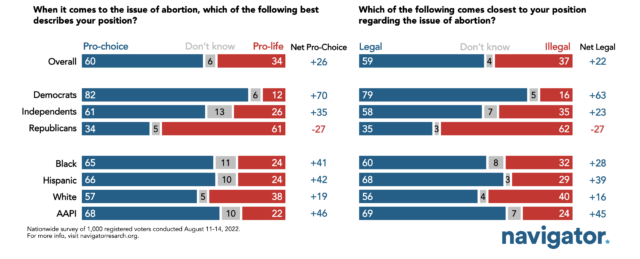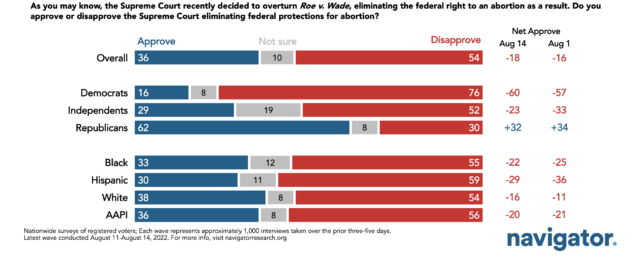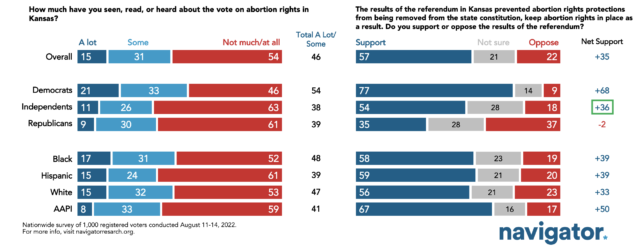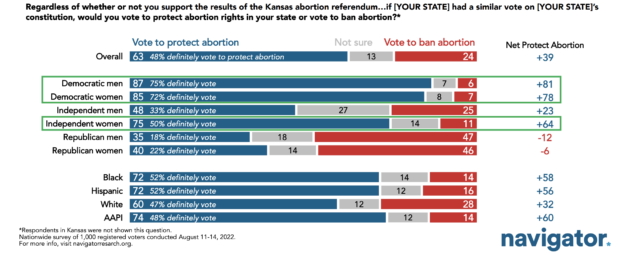How Sun Tzu theory about war and strategy is applicable in contemporary warfare today?

By Muskan Moazzam
August 22, 2022
Sun Tzu was the famous Chinese war scholar who wrote about war and strategy and war tactics and contributed to the art of war during 5th century. His book the art of war is considered to be one of the most influential books for the modern militants because of its significance that it has been written during the warring era. This book is contributes a lot to the modern warfare tactics and strategies used by the militants in the contemporary warfare era.
Sun Tzu says about war is that the best of the war is that if you know your strategies and your enemy strategies then nobody can defeat you. He states that a general who understands war is minister of people’s fate and arbitrator of nation’s destiny.
For war principal, sun Tzu advocates that highest realization of warfare is attacking enemy plan and to disrupt their alliances and then is to attack their army and afterwards to attack their cities and attacking cities should be perused to last resort.
He says that victorious first win the war and go to the war while the defeater first think and then go to the war to seek the win.
According to the sun Tzu, tactics without strategy is the noise before defeat.
The Afghanistan war is an example which can be explained by using the Sun Tzu’s Art of war. The Afghanistan war is divided into 3 phases; the initial removal of Al-Qaeda and Taliban , the efforts to stop their resurgence and reemergence in 2009 and then post 2014 When ISAF forces withdrew.
The first phase of the Afghanistan war started when United States using a small number of forces and air power launched an operation known as enduring freedom and the Taliban regime was ousted in just two months while al Qaeda was thrown out of the country. United States of America used the principal of the art of war described by the Sun Tzu which is that United States won the war by small fighting with a quick speed over the enemy. No one can disagree that these initial operations were not successful but after that united states was not able to capture the leaders of the terrorist organization al Qaeda which later came back to attack the US.
As Sun Tzu stated that
“Your aim must be to take all under heaven intact. Thus your troops are not worn out and your gains will be complete. This is the art of offensive strategy.”
The second phase started when the leaders of al Qaeda and Taliban flew across the border. It was difficult for United States to go and attack against the border of Pakistan so Taliban had time to regroup them and then infiltrate again into the Afghanistan to reconquer the Afghanistan. After that United States established in Afghan government in Afghanistan led by Hamid Karzai as the president of new Afghanistan government but unfortunately this government was inefficient in reaching to the masses of the country and to get their support against it Taliban. The incompetency and insufficiency of the western forces to have control and the inability of the newly formed Afghanistan government left a vacuum which was filled by Taliban on their return. And in addition to this then when US forces could push the terrorists out of the provinces, the insufficient afghan army and police were not able to hold the control of these areas which were again used to be captured by Taliban. It was clear in the second phase that the initial success was not capitalized and the lack of planning and preparation to control the country after initial success didn’t let the fruits of success to be spread across the country. As Sun Tzu argued that;
“To rely on rustics and not prepare is the greatest of crimes to be prepared beforehand for any contingency is the greatest of virtues”.
The problem was further exaggerated by the inability of Afghanistan government which allowed the reemergence of Taliban in Afghanistan. As Sun Tzu stated that;
“Now to win battles and take your objectives but to fail to exploit these achievements is ominous and may be described as wasteful delay.”
In 2009 the Barack Obama assumed the office of president of United States and he wanted to replicate the Bush policy in Afghanistan but later he decided to withdraw some of the international forces from Afghanistan in 2014. Later in the trump era a deal was signed with the Taliban whose purpose was that US and allied forces will withdraw from Afghanistan and later in the Biden’s term the United States withdrew all its forces from Afghanistan. After the withdrawal of US and Allied forces, the US formed government in Afghanistan and Afghan army too collapsed and the Taliban came back in power. The Taliban whom US kicked out initially are again back in power in Afghanistan.
According to the principles of the art of war the initial success was not utilized which led to the failure of US War on Terror in Afghanistan. The objectives such as the nation building were impossible to achieve according to the history and the nature of country and the challenges in Afghanistan. In addition to this along with Iraq war the United States was not able to give maximum attention to honest on war. There was no beforehand knowledge of the Afghan war and this absence of foreknowledge became problematic in later stages. As Sun Tzu stated that
Now the reason the enlightened Prince and the vice general conquered the enemy whenever they move and their achievements surpass those of ordinary men is foreknowledge.
The lack of clear objectives and knowledge about the enemy was cause of failure of US and Allied forces in Afghanistan war. As the Sun Tzu argued that “If you know the enemy and know yourself, you need not fear the result of a hundred battles. If you know yourself but not the enemy, for every victory gained you will also suffer a defeat. If you know neither the enemy nor yourself, you will succumb in every battle”.






